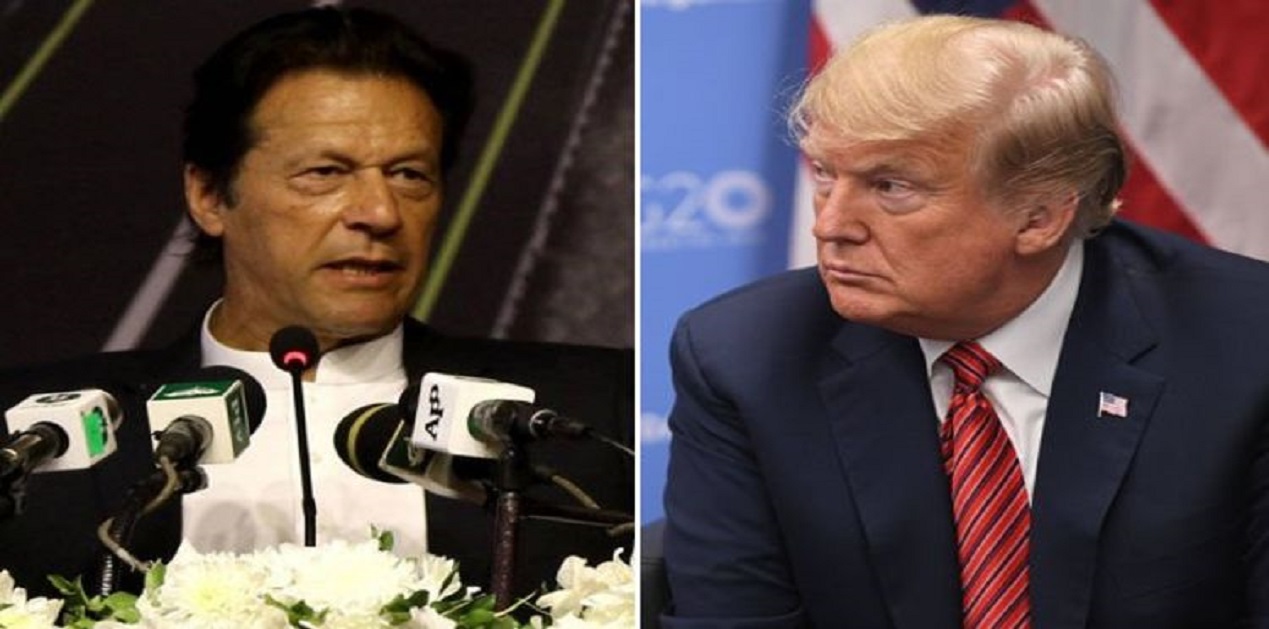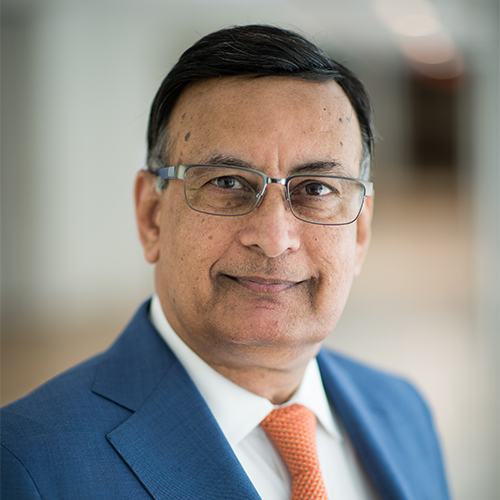Media attention and domestic praise aside, Imran Khan’s visit to the US has not really changed Pakistan’s fundamental challenges; its coffers remain depleted and economy stagnant, the country still remains on the UN Financial Action Task Force (FATF) Grey List, and the military’s dominance over society – coupled with the weaknesses bred by it - continues unabated.
Imran Khan can be happy that his meeting with Trump went well, possibly too well by the standards of Pakistanis eager for good news. Khan returned home to applause and claims that he had managed to break Pakistan’s isolation, secured a central role in efforts for peace in Afghanistan, and even evoked Trump’s interest in the Kashmir question.
Although the White House meeting went well, it is unlikely that the American side will open its checkbook and resume aid to Pakistan any time soon. Khan’s visit was weak on substance, notwithstanding the symbolic value of a Pakistani prime minister and army chief showing up at the White House together to make new promises of counter-terrorism cooperation.
On Afghanistan, Pakistan offered to get the Taliban to agree to a ceasefire and talks with the Kabul government, which is by no means an easy deliverable. The Inter-Services Intelligence (ISI) keeps saying that while it maintains ties with the Taliban, it does not control them. If it is able to get the Taliban to do what the Americans want, its cover story about lack of control gets blown to bits. If the Taliban hold out too long, the Trump team might be turned off.
There is no doubt that by inviting Khan for a meeting, Trump came a long way from his New Year's Day tweet of January 1, 2018. At that time, he had said, "The United States has foolishly given Pakistan more than 33 billion dollars in aid over the last 15 years, and they have given us nothing but lies & deceit, thinking of our leaders as fools. They give safe haven to the terrorists we hunt in Afghanistan, with little help. No more!"
Pakistan’s Foreign Minister Shah Mahmood Qureshi summed up Pakistan’s gains. “From isolation, we have moved toward invitation." For Pakistan, the invitation was of itself an "acknowledgement of the inherent importance of the relationship for both sides." The American interest in the meeting was to obtain cooperation of Pakistan’s ISI in securing a deal with the Taliban in Afghanistan. But, while Pakistan may have facilitated direct US negotiations with the Taliban, it is unlikely to stop providing the Taliban safe haven if they do not agree to a ceasefire and refuse to talk to the Afghan government. Trump likes America to win but, so far, the so-called Afghan peace talks just seem to be a recipe for an eventual Taliban victory.
Even if Pakistan is somehow able to fulfil American expectations in relation to Afghanistan, it is likely to be disappointed in the end. The Afghan peace talks have given Pakistan a temporary transactional advantage. But once the US pulls out of Afghanistan, Pakistan’s importance for Trump will diminish.
Trump thinks like a businessman, not a diplomat or think tank scholar. For him, economics matter. US bilateral trade in goods and services with India last year stood at $182 billion. Two-way trade with Pakistan, at $6.6 billion was a fraction of that significant figure. Flattering Imran Khan and General Bajwa to get a breakthrough in Afghan talks is one thing. It is unlikely that Trump will switch his priorities in South Asia, given the lure of the huge Indian market.
Pakistan wants the US to pressure India into some new discussions over Kashmir in return for helping Americans talk to the Taliban. That might be beyond even America’s capabilities. Just as the Indian Ministry of External Affairs made clear in less than an hour of Trump’s remarks about US mediation over Kashmir, India will not budge from its position that India-Pakistan issues must be resolved bilaterally. The State Department has since walked back the comments about mediation, reiterating the US policy of letting India and Pakistan interact bilaterally. The US could ask India to resume talks with Pakistan, but India still has the ability to refuse until its complaints about Pakistan-based Jihadi groups are addressed.
The latest White House meeting is also unlikely to change Pakistan's strategic calculus with respect to sponsoring Jihadi terrorist groups. Having ignored President George H.W. Bush's 1992 threat to declare Pakistan a state sponsor of terrorism, delivered through Secretary of State James Baker, and breaking a series of promises to US leaders after 9/11, the Pakistan military will not change its worldview just because of one successful meeting at the White House.
While the US seeks Pakistan’s help in negotiating Afghanistan, it will be unwilling to change its grand strategic focus on the Indo-Pacific and the threat from China. A Pakistan that is a Chinese ally, and is no longer useful or relevant in Afghanistan, will no longer remain as critical for American policy makers.
(Husain Haqqani, Director for South and Central Asia at the Hudson Institute in Washington D.C., was Pakistan’s ambassador to the United States from 2008-11. His books include ‘Pakistan Between Mosque and Military,’ ‘India v Pakistan: Why Can’t we be Friends’ and ‘Reimagining Pakistan’)
(The paper is the author’s individual scholastic articulation. The author certifies that the article/paper is original in content, unpublished and it has not been submitted for publication/web upload elsewhere, and that the facts and figures quoted are duly referenced, as needed, and are believed to be correct). (The paper does not necessarily represent the organisational stance... More >>
Image Source: https://cdn.images.express.co.uk/img/dynamic/78/750x445/1053571.jpg










Post new comment